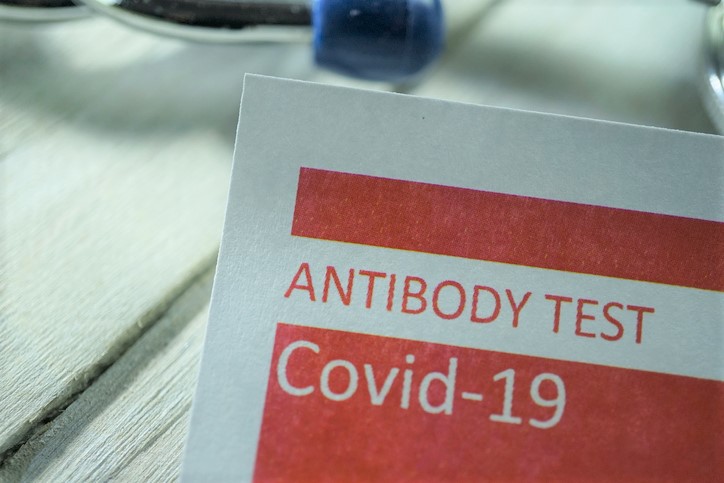A new study launching at Sutter’s California Pacific Medical Center (CPMC) will use antibody tests to identify front-line doctors who have developed antibodies against the virus. Antibody tests (also called “serology tests” because they use blood samples) are used to determine if someone is producing antibodies to defend against the virus.
“A powerful way to help limit the spread of COVID-19 is to facilitate early and accurate diagnoses of viral infections and appropriate quarantine for those infected,” says Greg Tranah, Ph.D., scientific director of CPMC’s Research Institute, director of Sutter’s Center for Precision Medicine Research, and lead researcher of the new physician serology study at CPMC.
Current methods diagnose COVID-19 are valid, but can have limitations when it comes to tracking disease patterns. Serology tests show some promise in this area, for use in certain circumstances.
“Serology tests may help identify people who have been exposed to the virus even weeks after an initial infection, including people who did not show symptoms. Other studies of COVID-19 ‘seropositivity’ can reveal the extent of viral exposure, as well as the timing of first exposure and increasing rates of exposure,” says Dr. Tranah.
The new serology study aims to enroll intensivists, emergency department doctors, infectious disease specialists, anesthesiologists, hospitalists, surgeons and internal medicine residents at CPMC.
Beginning May 18, blood samples will be collected from study participants every eight weeks through 2020. The samples will be tested for the presence of antibodies produced in response to prior COVID-19 exposure. Study participants will be asked to answer a brief questionnaire to determine if they have experienced symptoms of COVID-19.
“We’re using a two-step serology test that can process multiple samples concurrently with high reliability, sensitivity and specificity,”(1) says Jose Montoya, M.D., an infectious disease specialist working at Sutter’s Palo Alto Medical Foundation who is collaborating with Dr. Tranah on the study.
Serology tests with high sensitivity and specificity are less likely to have false-positive or false-negative results and a more meaningful predictive value.
Results of the blood tests will be stored in a database, and rates of seropositivity will be compared across medical specialties bi-monthly. “Longitudinal serology testing will allow us to track rates of seropositivity among different physician specialty groups and study the duration and intensity of immune response to COVID-19,” says Dr. Tranah.
There is no current evidence that people who have detectable antibodies are immune to re-infection from COVID-19 or what the timeframe of immunity is, if any. Until more evidence is available, antibody tests should not be used to make decisions related to social distancing or the use of personal protective equipment.
“Understanding the surge of infection rate and spread is an important part of preparedness. Epidemiological studies of emerging COVID-19 infections can help determine the burden of disease, develop better estimates of morbidity and mortality, and help complement the results of PCR tests,” says Dr. Tranah.
Learn more about COVID-19 tests by following our Educational Series on this topic.
Reference:
- Nirmidas Biotech Rapid Test for COVID-19 IgM/IgG.





